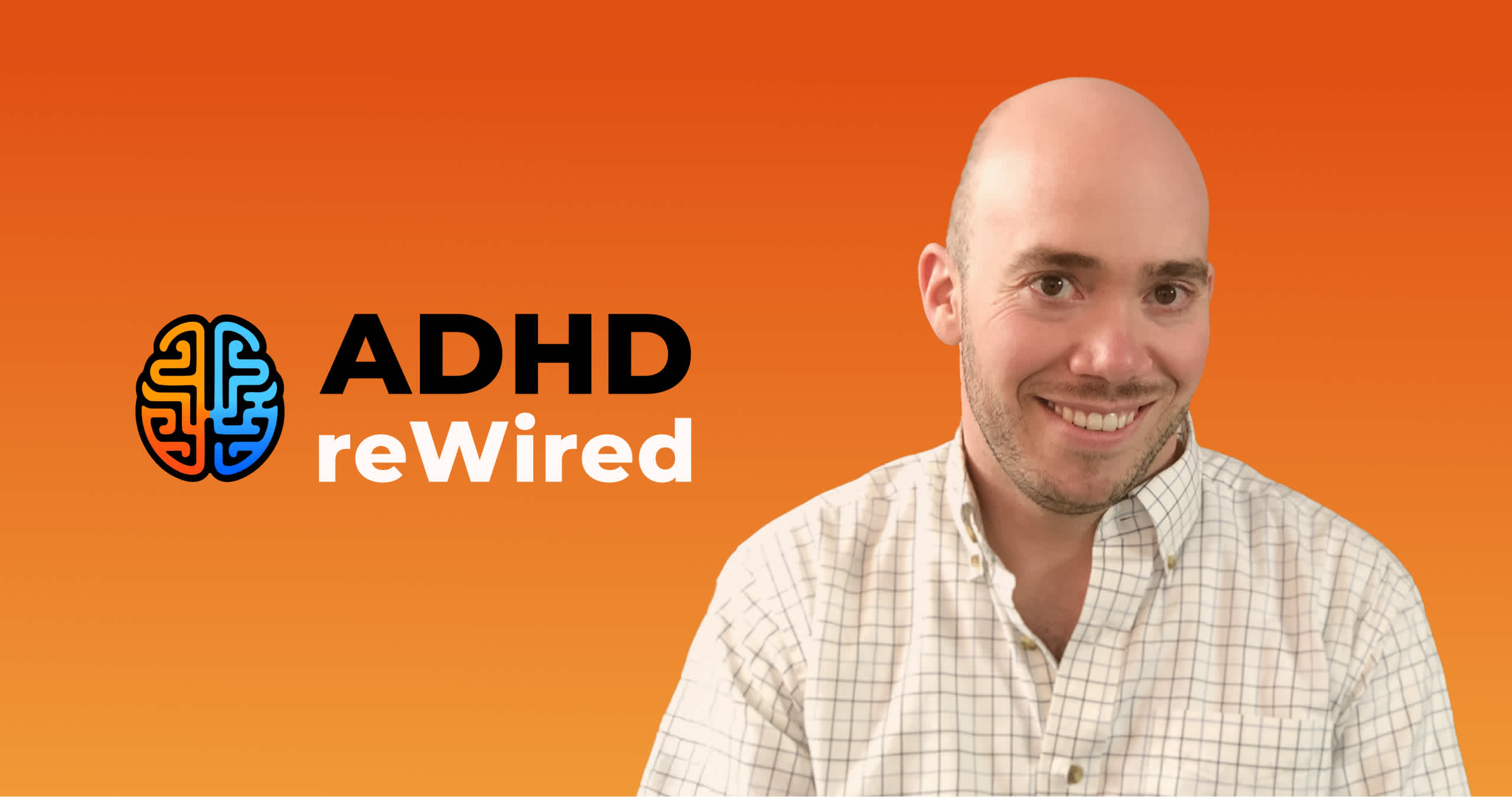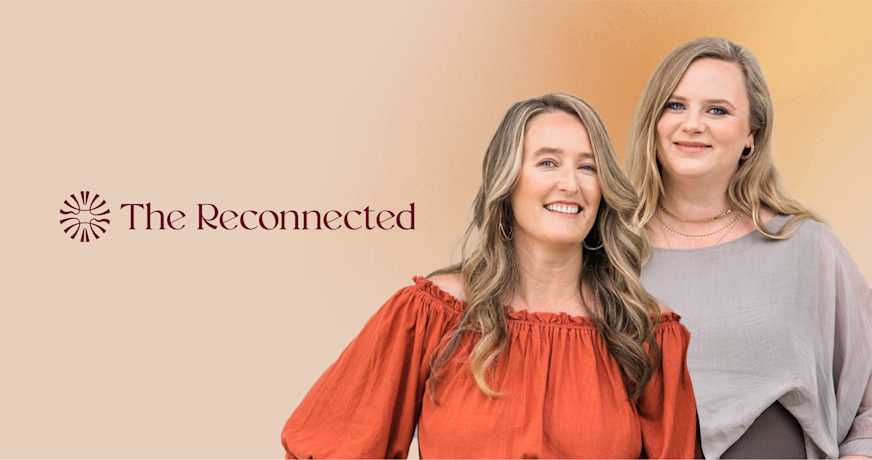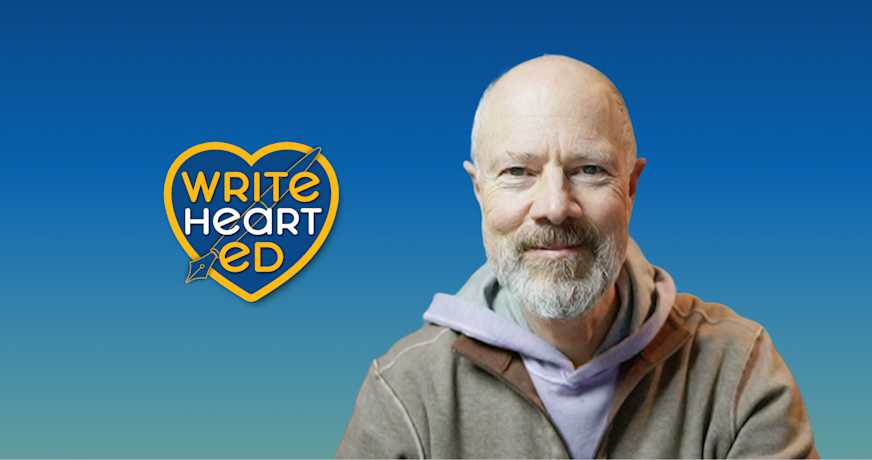Personal Development
Meet the social worker who built a five-figure paid membership helping adults with ADHD

ARC Alumni and Coaching Groups is a paid membership site for adults with ADHD to develop habits, resilience, and self-compassion so they can accomplish their big goals.
Topic
Personal Development
Mighty Plan
The Launch Plan
Offering
Paid Membership
Topic
Personal Development
Mighty Plan
The Launch Plan
Offering
Paid Membership
Table of Contents
Eric Tivers was doing just fine as a clinical social worker with a thriving private practice, and a side hustle as a podcaster.
He had absolutely no idea that he had a calling as a mentor and coach online for groups of adults with ADHD:
Little did he know just how much demand there was for this kind of online group coaching.
Eric quickly put together an intensive 10-week coaching program called ADHD ReWired, with three weekly live video sessions and two weekly accountability breakout groups. While there was a ton of interest from his podcast listeners and private practice clients, the stream of new applicants was a huge surprise.
Yet, when he reflected on it, Eric knew that the fastest-growing segment of people being diagnosed with ADHD were adults, not children, as many might assume. These adults with ADHD were bright entrepreneurs, professionals, and academics with big ambitions and no room for their ADHD to get in the way of their time management and productivity:
Before long, Eric made another surprising discovery.
The members of his coaching groups were seeing better results than his one-to-one private practice clients. That was all he needed to shift his entire business to focus on his online coaching groups:
Eric set up his coaching program to run three times per year, or for three “seasons”, with two “sections” running simultaneously, each with 12 members. To start, he emailed materials to group members, and ran live Zoom video sessions, coordinated via a shared Google calendar.
To bring his people together, he created a Facebook group. It was what he saw other coaches use, so he didn’t think a lot about the decision.
That was a mistake.
Many of his members were not fans of Facebook, and it’s not hard to see that a platform rife with distractions might not be the best fit with those struggling with ADHD.
Next Eric tried Slack, but was uninspired. Worse, Slack didn’t do a great job introducing his members to each other, and the pricing model that charged per member didn’t make sense for a growing business.
Eric went in search of an alternative. Then, in late December 2017, he came across Mighty Networks through a colleague.
He knew almost immediately that creating a Mighty Network was the answer.
On his own Mighty Network, he could minimize the distractions and create a well-structured community with all of his coaching groups organized in one spot that was all his own, instantly available on every platform–web, iPhone, iPad, and Android.
Coaching group members were invited into his new Mighty Network for the duration of the 10-week program, and shared a private group with the other members of their section. Even better, they could also connect within a larger group for both sections progressing through the program that season at the same time.
Now what? A community for Eric’s alumni
When one of Eric’s members applied to join another season of the 10-week program for the sixth time, Eric decided it was finally time to offer graduates the continued support and connections of an alumni community.
In March 2018, he launched a second Mighty Network for alumni of his ADHD ReWired coaching program, which he calls the ARC (ADHD ReWired Community) Alumni and Coaching Groups.
It’s only open to alumni of his ReWired program and he charges $39.99 per month or $399.99 per year for membership.
The alumni community offers:
A weekly 75-minute live video group session on a topic
“Adult Study Hall” sessions where members can gather online to co-work on the “im-bor-tant”— important but boring—things in their lives they otherwise have trouble tackling like taxes
Monthly webinars with guest speakers

Here’s how the ARC Alumni and Coaching Groups Mighty Network is structured:
ReWired Coaching Groups – $1,650 one-time fee
Alumni Membership – $39.99/month or $399.99/year
Members use a unique naming convention that Eric developed, starting with their first name, followed by the season and section number, separated by a period, then their last name. For the upcoming 20th season, a member in section 1 would go by “first name 20.1 last name.” This structure enables members to get a sense of how long someone has been working on the ReWired concepts and practices, wherever they happen to encounter them in the Mighty Network.
The alumni community has been a success, with 80% of coaching program grads choosing to join, totaling just over 200 alumni members. This revenue now makes up for the third “season” of coaching groups that Eric chose to discontinue as he rebalanced his life and work.
And members are continuing to get results:
That’s not to say that there haven’t been a few bumps along the way. Initially, Eric says, he made the mistake of being too subtle with his marketing:
This contributed to Eric’s recent decision to combine the two Mighty Networks into one. The benefit of this approach is that once coaching group members graduate, they are already part of the alumni community.
In this new structure, coaching group members get a 3-month free trial in the Mighty Network which covers the 10 weeks of their program, plus 2 weeks to try it out free after the program ends. Then, their $39.99 monthly membership kicks in or they opt out.
To help them make the transition, he begins officially inviting coaching group members to the alumni events in week eight of the program, although they have the chance to interact with the alumni as soon as they join the community:
Eric is blown away by the power of the connections he sees among his members. He credits the fact that they truly get to know and care about each other, sharing deep and vulnerable conversations over face-to-face video calls.
But it’s not all serious. Eric schedules monthly hour-long Zoom Happy Hours that are purely social. For March’s theme, “Spread the Joy Not the Virus”, members were encouraged to share a musical instrument, artwork or “pictures of puppies:”
His members play specific and vital roles in bringing the community together too. Members host the Adult Study Halls, and with guidance and a framework from Eric, they lead groups.
Popular examples include the “Sleepy Dream Team,” which focuses on healthy sleep habits like getting to bed on time, or more recently, the biweekly “Covid 19 Emotional Support Group.”
A few alumni also step up as “ADDmins” for the coaching program, in exchange for free membership:
Seeing all of this unfold has convinced Eric even more that the true value of what he offers lies in the community, not content. To that end he says he’s cut way back on the content he delivers in the coaching program:
3 key takeaways from ARC Alumni and Coaching Groups’s Story of Awesome
Don’t be afraid to sell. If people find value in what you offer, get the word out when you’ve got additional courses, groups or memberships that can help them achieve their goals.
Simplify whenever possible. Just as Eric brought his current coaching groups into his alumni community, you can make things easy for yourself and your members by giving them fewer transitions to make and fewer spaces to navigate.
When in doubt, emphasize community over content. The concepts and knowledge provide a foundation, but people stay for the connections they make to one another sharing stories, experiences, inspiration and encouragement.
More like this
Start your own Mighty Network today
Start your free trial
14 Days. No Credit Card Required.




